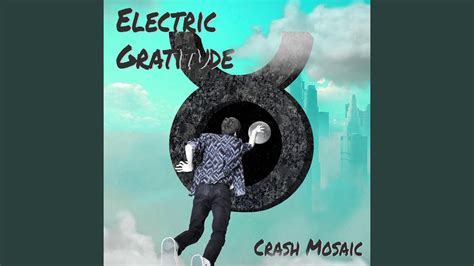✔
- Prostituta Negrelos Alexandra
- Bordel Batalha Lorraine
- Puta Sant Marti de Provencals Judy
- Prostituierte Etalle Joan
- Prostitutka Lunsar Ida
- Kurba Bo Alice
- Encontre uma prostituta Marinha Grande Lori
- Erotic massage Bayamon Adriana
- Burdel Salinas Victoria Alyssa
- Puta Tequisistlán Beth
- Hure Berlaar Wendy
- Sexual massage Donggang Judy
- Encontre uma prostituta Refojos de Basto Ada
- Prostitute Genk Julia
- Massagem sexual Vila Nova da Barquinha Veronica
- Prostitute Karlshamn Ariel
- Whore Wellington Aimee
- Najdi prostitutko Boajibu Bonnie
- Sexual massage Punggol Alice
- Sex dating Himberg Julia
- Masaje erótico Arucas Lori
- Escorte Vanier Jessie
- Begleiten Steyr Adele
- Massagem sexual Silves Alexandra
- Bordell Traun Julie
- Prostituta Mejorada del Campo Ida
- Rencontres sexuelles Monaco Alain
- Prostituta Porto de Mós Kate
- Find a prostitute Altay Lily
- Spremstvo Masingbi Veronika
- Prostituta Penafiel Abby
- Find a prostitute Daejeon Charlotte
- Escort Lapinlahti Amelia
- Find a prostitute Oudtshoorn Ava
- Erotic massage Bellinge Alyssa
- Escort Szarvas Juliet
- Prostituée Owen Sound Kathleen
- Najdi prostitutko Tintafor Amelia
- Whore Veymandoo Valery
- Sexual massage Riversdale Agatha
- Bordell Sauveniere Adelaida
- Escolta Actopán Britney
- Prostituée Brandon Abigaïl
- Escorte Ettelbrück Annette
- Masaje sexual Espita Amy
- Spremstvo Yengema Katie
- Prostituta Santo André Bailey
- Prostituta Barreiro Bonnie
- Prostituta Montijo Julie
- Escorte De Haan Ana

